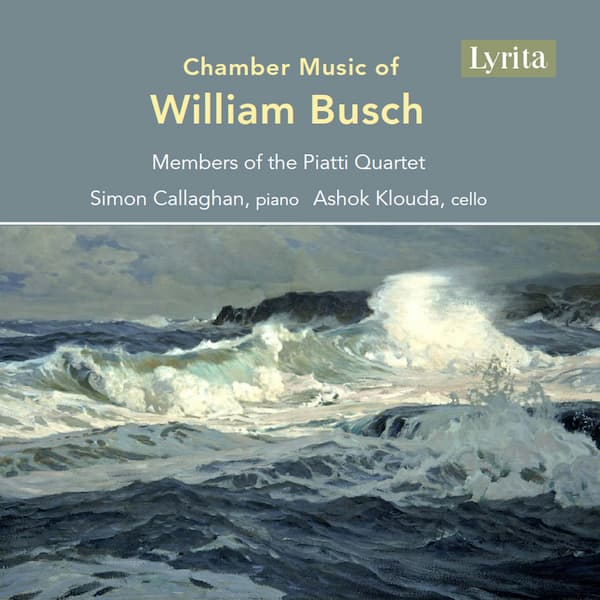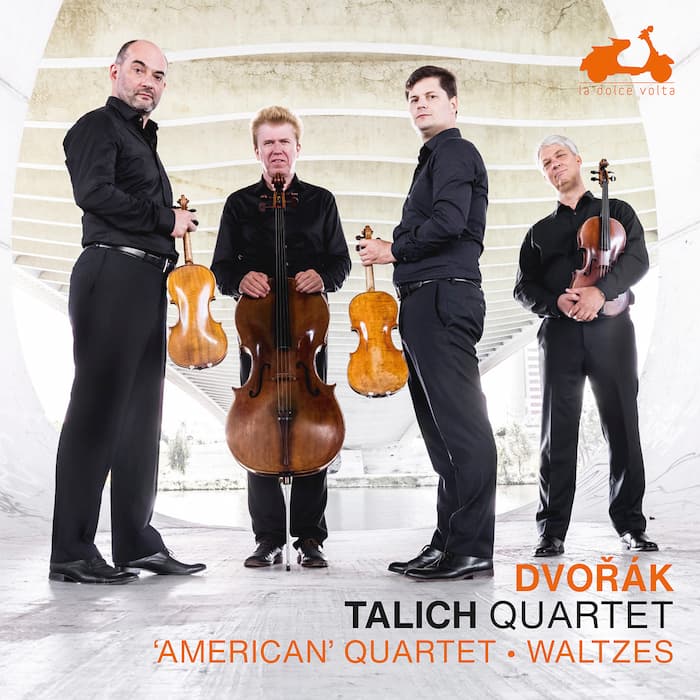The three composers on this recording, Dorothy Howell (1898–1982), Pamela Harrison (1915–1990), and Madeleine Dring (1923–1977) are probably not on your regular piano repertoire lists. But, as this recording of their music for two pianos by Simon Callaghan and Hiroaki Takenouchi shows, they were talented composers of light music that has now largely gone out of fashion.
All studied in London at the Royal Academy of Music (Howell) or the Royal College of Music (Harrison and Dring).
Dorothy Howell first made her name with her symphonic poem Lamia which received its premiere at the Proms in 1919 under Sir Henry Wood. She also wrote ballets and piano concertos and became a teacher at the Royal Academy in 1924, retiring from there in 1970. When she died in 1982, her work was largely unknown and unstudied. After Lamia, the composer never had a work that hit the public again. Unlike many of her contemporaries, she wrote orchestral music in addition to her piano works.
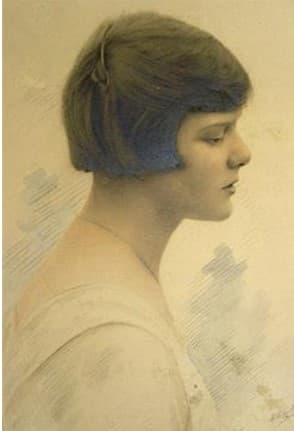
Dorothy Howell, ca 1919
Pamela Harrison studied at the Royal College with Gordon Jacob and Arthur Benjamin, and her Quintet for Flute, Oboe, and Strings was given its premiere in 1938. During WWII, she worked as a schoolteacher and her Quintet was heard many times as part of the Myra Hess concerts at the National Gallery in 1944. Her orchestral output was small, and she’s better known for her work for chamber ensembles and voice.
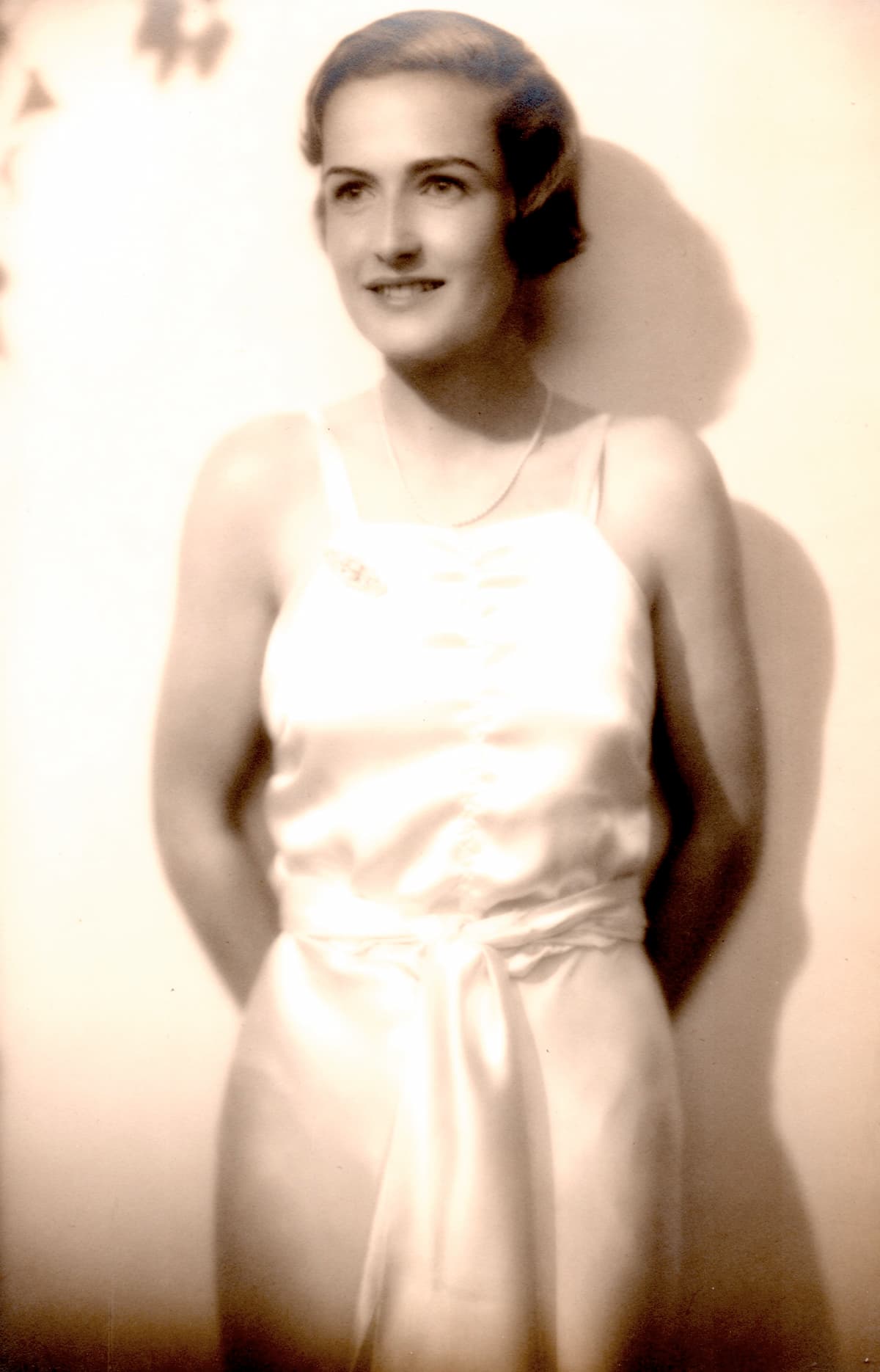
Pamela Harrison
Madeleine Dring started at the Royal College of Music at age 10 in the junior department. Eventually, she studied with Herbert Howells and Ralph Vaughan Williams when Howell was unavailable. Her specialty was shorter forms: solo piano, piano duet, and some chamber works; she largely avoided large-scale works, although she did write songs for musical revues, incidental music for radio and television shows, and 2 ballets and 1 one-act opera. In addition to her work as a composer, she was also a talented actress, performing with Aland Rowlands and Margaret Rubel as The Kensington-Gores, named after the road that runs in front of the Royal College of Music. The group, as Mother, Son, and Daughter-in-law of the Kensington-Gore family, performed parodies of Victorian songs, written by Dring.
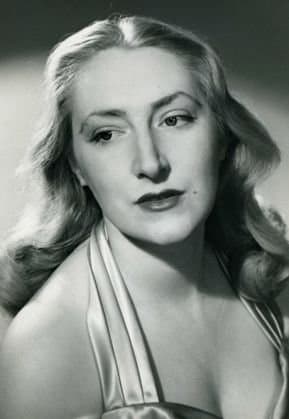
Madeleine Dring
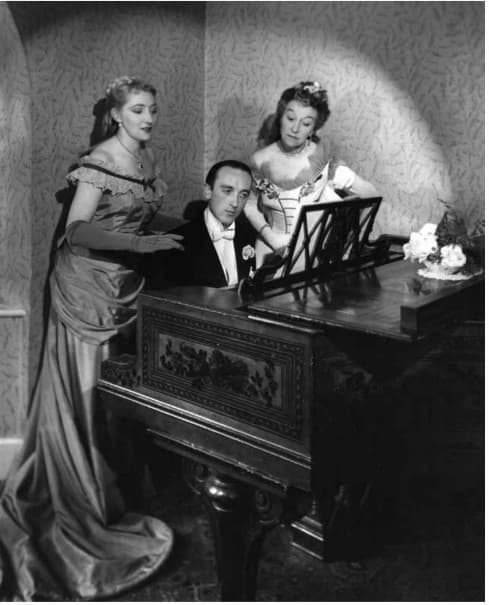
The Kensington-Gores at the piano (Dring, Rowlands, Rubel), ca. 1957
This recording by Simon Callaghan and Hiroaki Takenouchi focuses on the three women’s music for two pianos, dating from 1920 through 1976. It’s a genre that has largely vanished – light music seems to have had its day by the 1970s, but these works are delights.
The four works that open the recording, dances by Madeleine Dring, were newly edited from autograph manuscripts at the Royal College of Music. They were written on various dates from 1959 onward and immediately show Dring’s engaging musical style.
Inspired by a trip to Barcelona, Howell’s 1934 work Recuerdos Preciosos (Precious Memories) are soundscapes of the city. The first movement takes you to ‘a quiet cool cloister in the precepts of the Cathedral, where intermittent chimes and distant chants mingle with the gentle splashing of water’.
Dorothy Howell: Recuerdos Preciosos – I. Larghetto
Harrison’s Six Dances were part of her teaching repertoire. Faced with a student who had severe arthritis in her thumbs, Harrison created a slow work for her that is about the changing harmonies underneath a ‘hypnotic, rocking melody’.
Pamela Harrison: Dance Little Lady – IV. Lento
It’s really wonderful to hear new music by composers who have fallen out of favour, and this recording of three women composers’ music for two pianos is inspirational in its effect. You could imagine some of this music being used today and sounding just as modern as when it was composed.
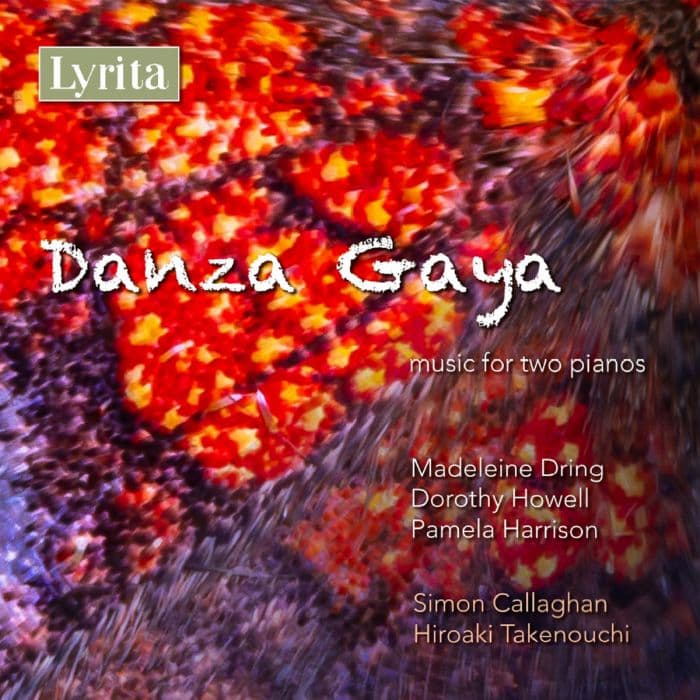
Madeleine Dring • Dorothy Howell • Pamela Harrison
Music for Two Pianos
Simon Callaghan and Hiroaki Takenouchi
Lyrita Records: SRCD.433
Official Website
For more of the best in classical music, sign up for our E-Newsletter


